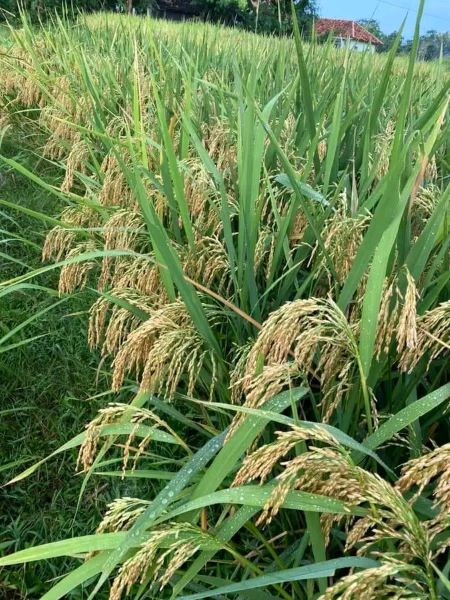The Federal Government says it is targeting 750,000 hectares of land for maize, wheat, rice and cassava through the National Agricultural Growth Scheme Agro-pocket project to address current food inflation in the country.
The Minister of State for Agriculture, Sen. Aliyu Abdullahi, said this at the 2024 Sahel Food Systems Change makers Conference on Tuesday in Abuja.
The theme of the conference is “Innovative Governance Models: A Pathway for Food and Nutrition Security in Nigeria.”
The intervention is aimed at combining the effect of increased productivity, increased cropping intensity and expansion of production areas.
This will help to increase the volume of locally produced foods that will improve household and national food security.
It will also build resilience to external shocks and safeguard livelihoods to the benefit of the economy.
Abdullahi said the country is currently out for back to back farming, where we will be able to take advantage of both the rainy season and dry season farming.
“This is because one of the challenges is a high cost of food, so when there is abundant food definitely it will bring down the prices of food,“he said.
He said the country was changing the narrative of one season farming to all year round farming, by adopting irrigation farming during the dry season.
“We are trying to look inward at our massive potential, Nigerians do not want to look at the potential, they want to eat food but the potential is there in terms of areas where we can do irrigation.
“We have large water bodies in both the River Niger and Benue, with all the river basins we believe we should bring all of these things into production.
“We have the national agricultural growth scheme agro-pocket project where we are targeting 750,000 hectres of land for maize, wheat, rice and cassava where possible.
“Overall we are changing the narrative and when we finish the dry season farming the rainy season should keep coming,” he said.
Abdullahi said it was possible for farmers to engage in three season farming in some instances, adding that such could only be achieved with the availability of improved variety seeds.
“So our research institutes are focusing on climate smart technologies by ensuring that we have varieties of our crops that will be short duration, drought tolerant and disease resistant,”he said.
The minister speaking said the theme of the event was critical, adding that agricultural echo systems are areas that required changes.
According to him, when you bring the structure of change in any system is significant, adding that we cannot continue our agriculture methods in the old ways.
NAN


